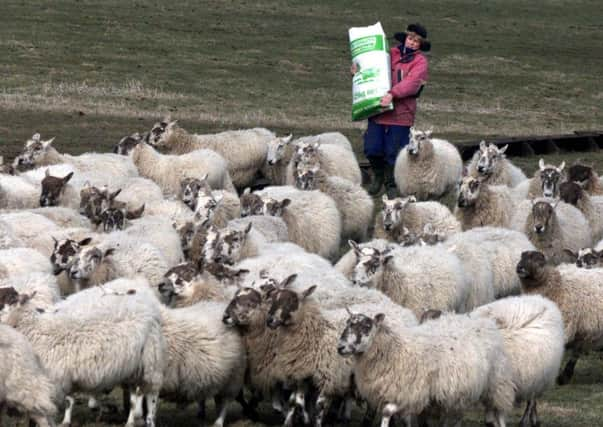Efforts aim to help sheep farmers cut antibiotics use
This article contains affiliate links. We may earn a small commission on items purchased through this article, but that does not affect our editorial judgement.


While UK sheep farming is a low user of antibiotics with a free-range approach that means there are very few occasions where flocks are reliant on routine use, the sector has recognised it cannot be complacent and has a role in play in ensuring appropriate use.
National Sheep Association chief executive Phil Stocker said: “We need to play our part in ensuring these medicines continue to be available and effective for both our human and animal populations.
Advertisement
Hide AdAdvertisement
Hide Ad“To focus our efforts, we need to understand why and when farmers are choosing to use antibiotics, so we can steer future work towards increasing vaccination for some conditions and finding alternative solutions to others.”
Stocker was speaking after results from a survey of sheep farmers revealed where and why antibiotics were being used.
Independent sheep specialists Kate Phillips and Karen Wheeler of ADAS will analyse the results from more than 350 farmers with the view to guiding future support and development work.
The issue of antimicrobial resistance is recognised as a global challenge, with 193 countries signing a declaration to work together to combat the risks. Defra has committed to an average cross-UK, cross-sector target of cutting usage by 19 per cent over four years.